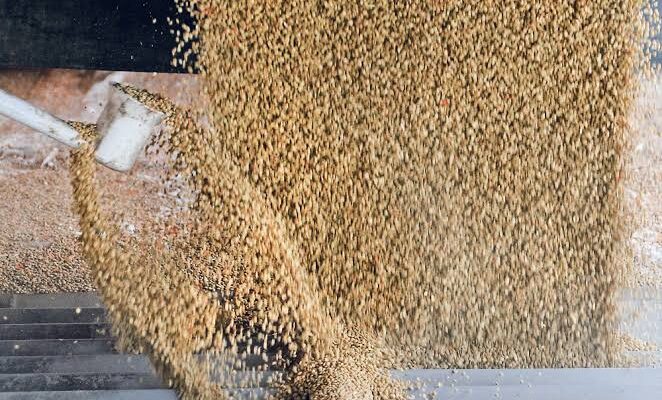From Our Bureau
NEW DELHI: The National Productivity Council (NPC), an autonomous government research agency under Commerce Minister Piyush Goyal, has confirmed an expose by the Reporters Collective back in December 2021 that NAFED under the Agriculture Ministry rigged the auction of pulses of over Rs 4,600 crore to benefit a few big millers.
Even after the NPC findings and recommendation to immediately scrap the exchequer-unfriendly auction process where the millers bid for contracts to process raw pulses and deliver them to the states. However, after the Collective’s expose, NAFED stopped milling the pulses for welfare schemes and the Consumer Affairs Department decided in February to distribute only the raw pulses to the state to mill themselves.
The auction process replacing the conventional method helped the millers to rip the government of tonnes of pulses meant for the poor and the armed forces, lowering the guard against the millers supplying poor quality pulses. The NPC, a government agency, found how the Centre’s modified auction rules allowed the millers to corner the pulses and sell them at a profit in the open market.
The Reporters’ Collective, a collaborative reporting on the public interest issues, attributed the expose to reporters Shreegireesh Jalihal under the guidance of its editor Nitin Sethi. The full report is published in the web news channel of the Wire.
NAFED wasn’t short of warnings. The Comptroller and auditor general (CAG) of India had previously red-flagged similar bidding to the rice millers in Andhra Pradesh that caused a loss of Rs 1,195 crore to the exchequer. Instead, it scaled up the auction method to the national level in pulses and didn’t bother to prescribe any minimum to put the millers under check.
The government’s decision in 2015 to encourage farmers grow more pulses to overcome the dal crunch and buy up all their production resulted in a pile up with the government. NAFED jumped in 2017 with a proposal to give away ready-to-cook pulses under various welfare schemes and set up an auction platform.
Instead of an age-old government policy to give work contracts to the lowest bidder, NAFED asked the millers to quote the higher “out-of-turn ratio” (OTR) to process the raw pulses. OTR is a term for the ratio of quantity of the final ready-to-cook pulses a millers churns out from the raw commodity they receive.
For example, a miller takes 100 kg of raw pulses and produces 80 kg of the processed dal, but supplies only 70 kg to the government, retaining 10 kg of dal for its transportation and other costs and profit. Lower the OTR, the higher the profit. NAFED failed to limit the millers’ take-away in the business to syphon off the government pulses in the open market to make profits.
The auction method has been now abandoned since February after the expose and NAFED has to supply only the raw pulses to the states to let them handle their processing.




